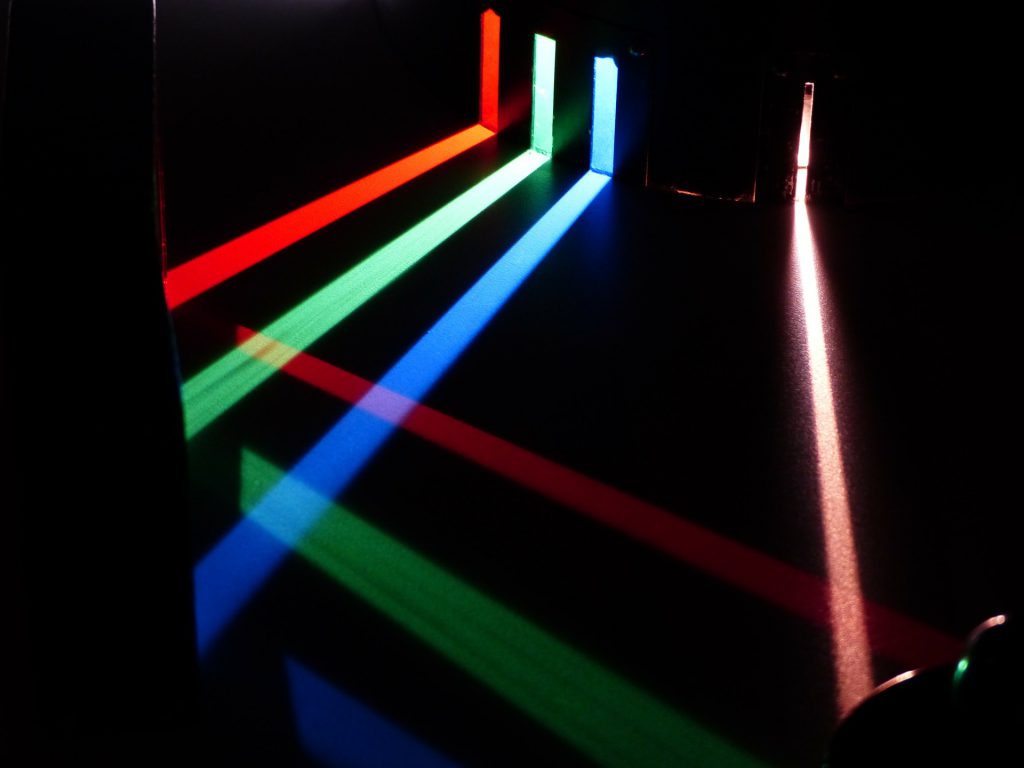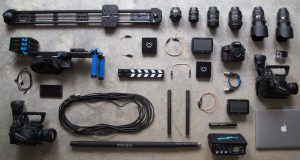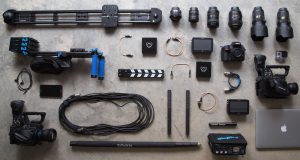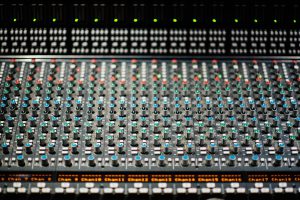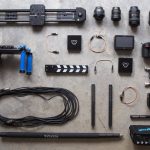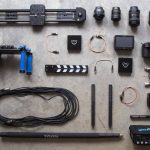The measurement and analysis of any optical signals is not an easy task, and probably the hardest one is spectrum analysis. However, engineers and scientists gain valuable information from it, and that’s why the good spectrometer is an important factor for every project that requires spectrum measurement.
You’re probably wondering how does such a device work? Well, it sounds simple, a grating, which is the essential part of every spectrometer, splits the light into its components or wavelengths. The light travels through the mirror and reaches photodetector bar- a device which turns photons into electrical signal and a software interprets them to measure their strength.
Sounds simple, right?
With that kind of view of the spectrum, it is not that hard to measure a signal’s frequency, power, modulation, harmonic content, spurs, as well as spectral noise. With these details, total harmonic distortion, occupied bandwidth, signal stability, output power, inter-modulation distortion, power bandwidth, carrier-to-noise ratio, and a host of other measurements then can be seen using a spectrometer.
Basic understanding of how do spectrometers work is necessary to operate one. Once mastered, they are an extremely useful tools and can help with characterizing and analyzing various devices and systems.
ReadyDAQ has recently announced the release of the software for spectrometers. This software allows users to watch as well as record numerous sequential spectrums, even with the delay, and to find a peak in every single one of them for measuring the pn-junction temperature of semiconductor devices for example. The software is highly customizable, allowing users to view the collected data in a graph, or to observe spectrums in a continuous mode. For more information visit here.
